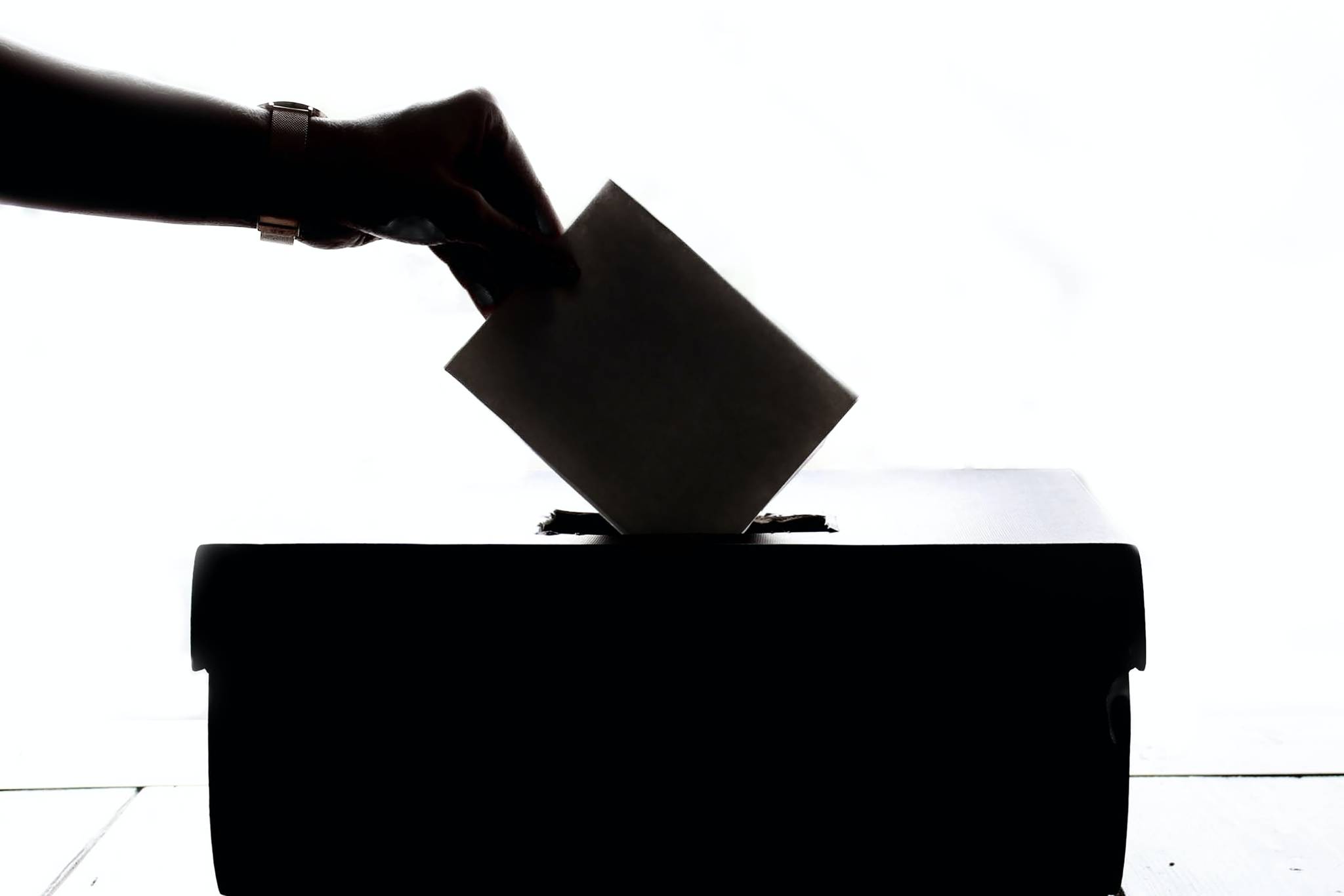By Win Gruening
In recent years, Juneau’s Assembly has disregarded voters’ wishes on sales tax and bond issue propositions. One need only look at the approved funding for Centennial Hall repairs and upgrades which has not been utilized and remains unspent today.
With the city now facing an estimated $18 million in needed Centennial Hall renovations, $4.5 million in sales tax money was approved by voters for improvements in 2017. Last year an additional $7 million in bonds for our convention center were approved. In that same election, a measure to re-direct the $4.5 million of sales tax for Centennial Hall to fund the New Juneau Arts and Culture Center project was soundly defeated, even though the Assembly had voted unanimously to put the request on the ballot.
Now, the Assembly seeks voter approval for a “bundled” bond proposition of up to $15 million with roughly one-third of the money going to each of three areas: fix school roofs; capital improvements to parks; and repairs to streets and buildings and energy efficiency projects.
Use of bond proceeds are typically delineated in more detail so voters can decide whether the expense and resulting property tax increase is warranted. Roof repairs for specific schools may be worthy of support, but two-thirds of the $15 million are not specifically defined. This does not provide the kind of transparent information for voters to decide if these projects are indeed “critical.”
[Pick priorities, not winners and losers to plug the budget gap]
Part of the rationale for taking on new debt is to get people working by putting $15 million in projects on the street. The Assembly foresees significant economic benefits — with direct and indirect impacts of over $21 million, based on an estimate from McDowell Associates. This, however, assumes that most labor and materials could be locally sourced — a issue that hasn’t been researched.
If getting people to work is so imperative, why hasn’t the $11.5 million for Centennial Hall (approved in 2017 and 2019) been utilized? What is the hold-up?
As to timing and the possibility of alternative funding, there are some important issues to be considered.
As outlined by city staff during budget deliberations, Juneau initially faced an estimated $35 million shortfall caused by the pandemic and cancellation of the cruise season. While this figure has shifted over time, $53 million in federal CARES Act funding has significantly offset this shortfall.
Currently, after using CARES monies as economic stimulus in the form of loans and grants to businesses and organizations, as well as paying for COVID-19-related public safety expenses, there is an estimated $10-12 million that remains uncommitted.
Under current federal guidelines, uses for these funds are restricted to COVID-19-related impacts and must be committed prior to Dec. 31, 2020. However, there are several bills pending in Congress that would lift these restrictions, giving CBJ the ability to use these funds where they see fit.
While Congress is deadlocked on these CARES funding revisions now, there’s a reasonable chance for approval later this year.
[A healthy economy will help us defeat the virus]
Once the Assembly has satisfied its obligations to fix leaky school roofs, could it be hoping that, if CARES Act funding is no longer restricted, the resulting windfall would justify additional funding for the New JACC not requiring voter approval?
If CARES monies do become available and the $15 million bundled bond package passes on Oct. 3, voters would have unnecessarily raised property taxes, when by waiting, this could have been avoided.
There are any number of projects that should have a higher priority for public dollars than some favored by the Assembly recently. Solid waste disposal, the relocated Glory Hall and West Douglas Pioneer Road extension are but a few deserving of support.
The question remains: Why is the Assembly promoting additional city debt for projects that remain largely undefined?
And it’s fair to ask why Juneau residents should vote to add new debt now if alternative funding sources may be available.
• Win Gruening retired as the senior vice president in charge of business banking for Key Bank in 2012. He was born and raised in Juneau and is active in community affairs as a 30-plus year member of Juneau Downtown Rotary Club and has been involved in various local and statewide organizations. Columns, My Turns and Letters to the Editor represent the view of the author, not the view of the Juneau Empire. Have something to say? Here’s how to submit a My Turn or letter.

